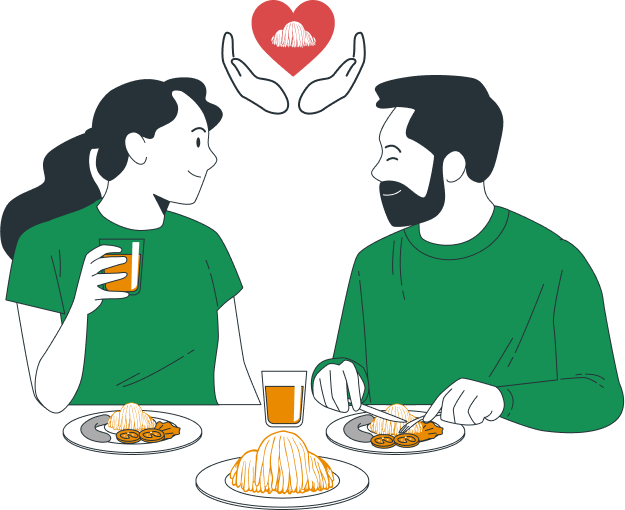
1. Mushrooms Provide Immense Nutritional Value
One of the essential health benefits of mushrooms is that they are a storehouse of excellent nutrients.
These unique fungi carry antioxidants (e.g., choline, selenium, vitamin C, and vitamin D) and minerals (e.g., copper, phosphorus, and zinc). But even with the wealth of macro and micronutrients, they are fat-free, low in calories, and cholesterol-free.
Mushrooms are also rich in fibers, especially the soluble fiber beta-glucan. They also have a low glycemic index, meaning they have a minimal negative impact on insulin response or blood glucose due to their low carbohydrate content.
Edible mushrooms contain Vitamin C in abundance. Other essential vitamins in mushrooms are B vitamins like pyridoxine (B6), riboflavin (B1), niacin (B3), and pantothenic acid (B5). Most mushrooms also contain vitamin D. Combining these vitamins helps protect heart health and improve skin health and the digestive system.


















